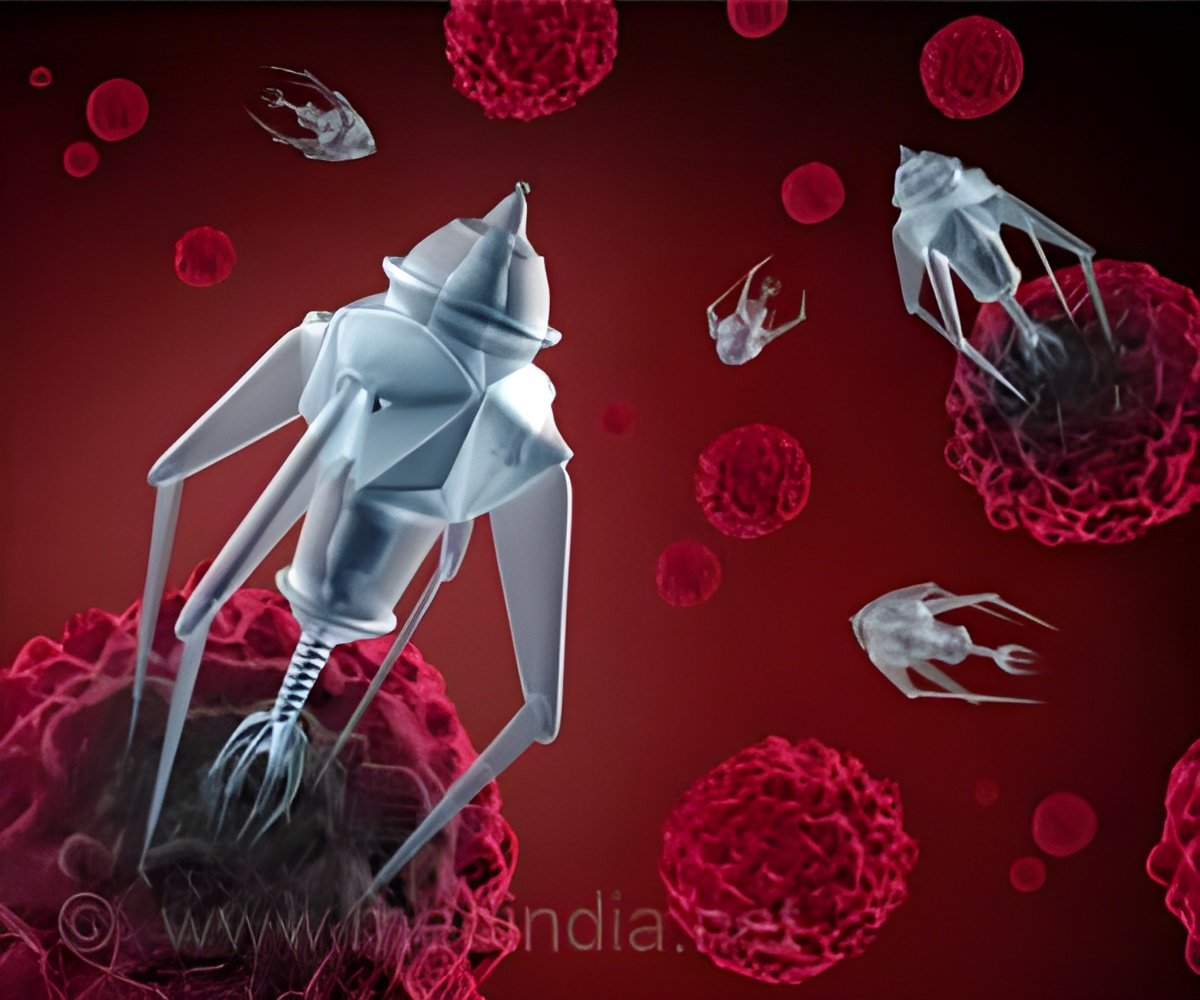New blood test identifies individual molecules in human blood samples with minimal detection errors.

‘PD-L1 is also found on the surface of some cancer cells and has recently been effectively targeted with immunotherapy to combat cancer.’





Wang and colleagues call their new approach Single-Molecule Augmented Capture (SMAC). They used this new technique to detect molecules commonly screened for in standard blood tests, like prostate-specific antigen. And they were also able to detect rare intracellular proteins, secreted proteins and membrane proteins, including the cancer-associated proteins mutant p53, anti-p53 autoantibodies and programmed death-ligand 1 (PD-L1). Mutant p53 is a well-known tumor-specific nuclear protein and has never before been detected in the blood, likely because current tests cannot detect its extremely low blood concentrations. Wang and colleagues found mutant p53 or anti-p53 autoantibodies in samples from patients with ovarian cancer, but not in patients without cancer. Knowing whether or not a patient's tumor expresses PD-L1 is a crucial first step in this treatment--and SMAC may be able to identify cancers that have PD-L1 at low levels that are undetectable by standard blood tests.
"With SMAC, we have brought single-molecule imaging into the clinical arena. By visualizing and examining individual molecules released from diseased cells into the blood, we aim to detect diseases more accurately and gain new insights into their mechanisms," Mao said. Wang and colleagues are hopeful that their test will one day be commercially available.
Source-Eurekalert















